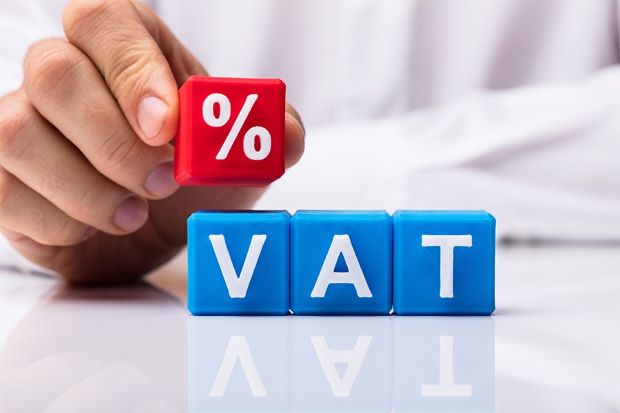COLOMBO – Sri Lanka will begin issuing value-added tax (VAT) refunds to low-risk exporters within the next few days, with the first applications already received during the first week of November, Director General of Inland Revenue R. P. H. Fernando said.
Under the new VAT system, exporters must submit applications for input VAT credit refunds by November. The Inland Revenue Department (IRD) is permitted to hold the funds for up to 45 days before issuing the refund. However, officials say the department is working to accelerate the process.
“The first applications came on November 2 and 3,” Fernando said, adding, “Although the tax law allows 45 days, we are trying to make the refunds very fast. In a day or two, we will be able to make the first refund.”
The IRD has classified exporters eligible for VAT refunds into three risk categories, low, medium, and high, based on their past interactions with the department.
Nafeel Abu Bakr, Senior Commissioner for Tax Policy at the IRD, said they will issue refunds for low- and medium-risk exporters within 16 days, and for those considered high-risk by January 15. He added that two dedicated export refund branches have been established and staffed to expedite processing.
According to Abu Bakr, the first assessment report has already been completed, and 30 exporters are set to receive their VAT refunds before January 15.
Sri Lanka previously operated under the Simplified Value Added Tax (SVAT) system, where paper-based input credit notes were issued to local suppliers by final exporters. The mechanism was introduced to overcome chronic delays in refund payments. However, SVAT was discontinued under the International Monetary Fund (IMF) program, which called for reforms after years of economic mismanagement, repeated currency crises, and the eventual external debt default.
Under a standard value-added tax regime, exports are zero-rated, allowing exporters to claim refunds on input taxes paid to suppliers. In contrast, many East Asian export-led economies zero-rate supplies into and within free zones, reducing the need for refunds.
Currently, Sri Lankan exporters are permitted to import inputs tax-free, easing some of the financial pressure as the refund system transitions to the new process.
-ENCL/EN



Comments are closed, but trackbacks and pingbacks are open.